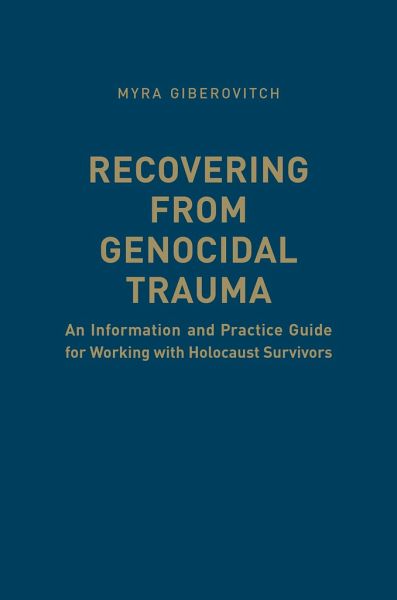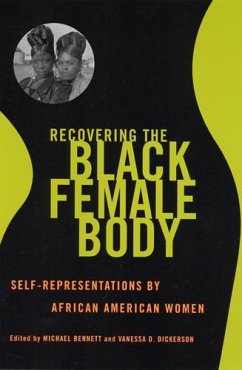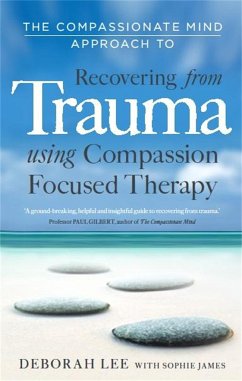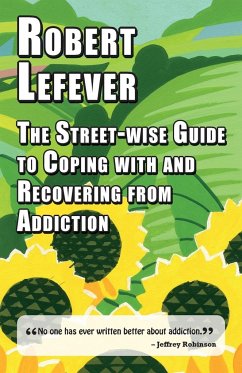
Recovering from Genocidal Trauma
An Information and Practice Guide for Working with Holocaust Survivors
Versandkostenfrei!
Versandfertig in über 4 Wochen
94,99 €
inkl. MwSt.
Weitere Ausgaben:

PAYBACK Punkte
47 °P sammeln!
Recovering from Genocidal Trauma is a comprehensive guide to understanding Holocaust survivors and responding to their needs. In it, Myra Giberovitch documents her twenty-five years of working with Holocaust survivors as a professional social worker, researcher, educator, community leader, and daughter of Auschwitz survivors.












